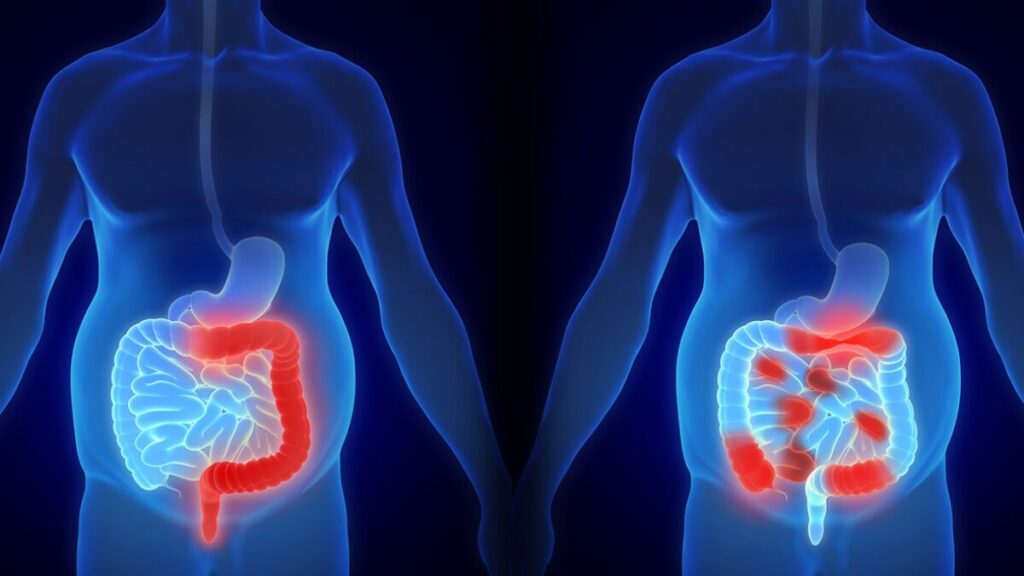Colon cancer, also known as colorectal cancer, can sometimes present with subtle or unusual signs that people may not immediately associate with the disease. While it’s essential to be aware of common symptoms such as rectal bleeding, changes in bowel habits, and abdominal pain, here are some unusual signs or symptoms that individuals might inadvertently ignore:
1. Fatigue:
Persistent unexplained fatigue, weakness, or anemia (low red blood cell count) could be a sign of colon cancer, as it can cause slow, chronic blood loss over time.
2. Unintentional weight loss:
Losing weight without trying could indicate various health issues, including cancer, including colon cancer.
3. Changes in stool consistency:
Be attentive to significant changes in the shape, size, or consistency of your stools. Narrow or ribbon-like stools might be a sign of a blockage caused by a tumor.
4. Incomplete bowel movements:
Feeling like you haven’t fully emptied your bowels after a bowel movement may suggest a blockage or growth in the colon.
5. Constipation or diarrhea:
Persistent and unexplained changes in bowel habits, such as chronic constipation or diarrhea, may be a sign of colorectal issues.
6. Abdominal discomfort:
Cramping, bloating, or discomfort in the abdomen that doesn’t resolve with time can be a symptom of colon cancer.
7. Anemia:
Low iron levels in the blood can result from chronic bleeding in the colon, which may go unnoticed until anemia becomes severe.
8. Bowel urgency:
Frequent and urgent feelings of needing to have a bowel movement, especially if they are accompanied by rectal bleeding or abdominal pain, should be evaluated.
9. Narrowing or obstruction:
A colon tumor can partially or completely block the passage of stool, leading to changes in bowel habits and discomfort.
10. Unexplained back pain:
Colon cancer can sometimes spread to the lower back, causing persistent discomfort or pain.
It’s important to remember that these symptoms can have various causes, and experiencing one or more of them does not necessarily mean you have colon cancer. However, if you notice any unusual or persistent changes in your health, it’s essential to consult a healthcare professional for a thorough evaluation and appropriate testing, especially if you have risk factors for colon cancer or a family history of the disease. Regular screenings, such as colonoscopies, are recommended for individuals at an increased risk for colon cancer and for routine early detection in the general population.
